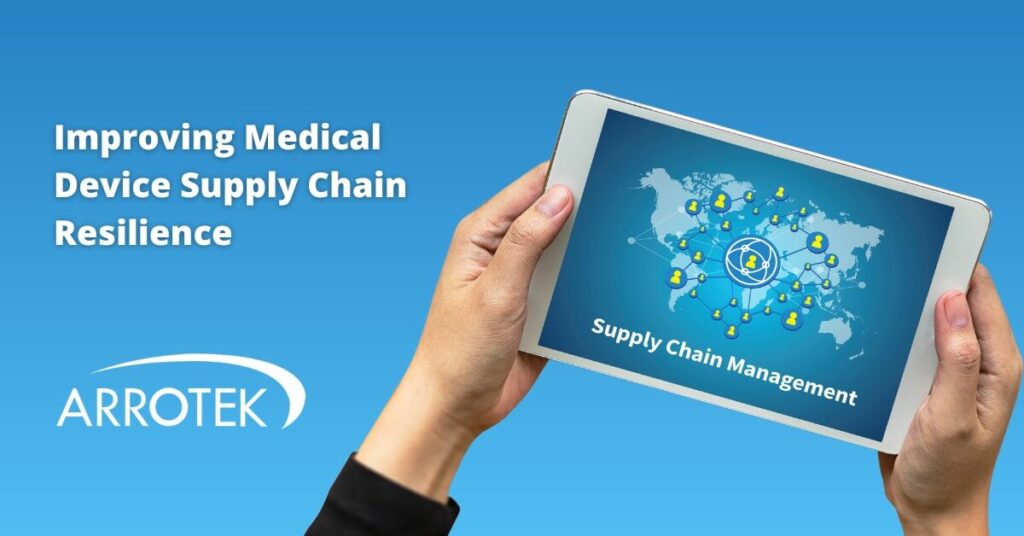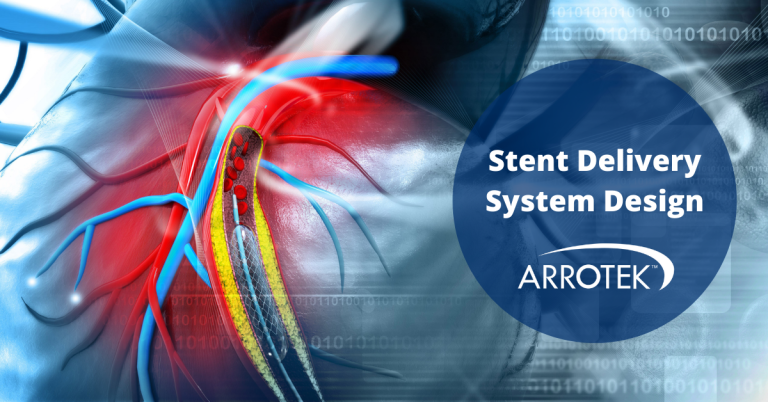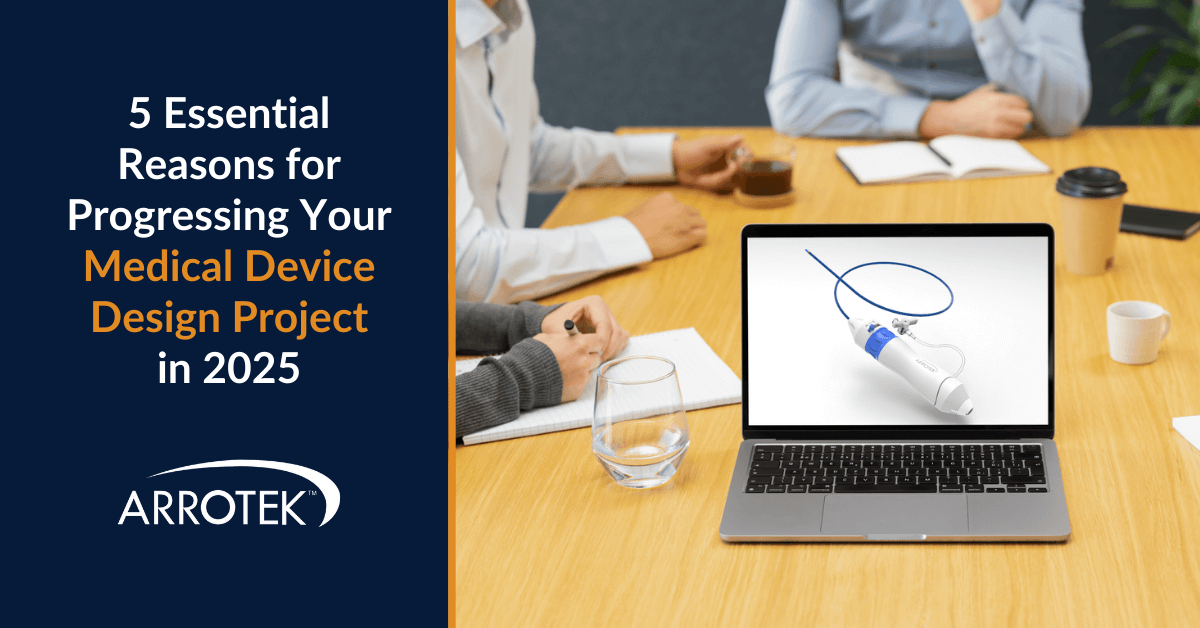
By Richard McLoughlin
Supply chain resilience is currently a priority topic for companies in a range of industries, and MedTech is no different. Many factors are contributing to this enhanced focus on supply chain resilience, not least the experiences of medical device companies, patients, and customers during the Covid-19 pandemic.
It’s not just companies, either, as regulators now have more of a focus on the supply chain than ever before. This is exemplified by the new Resilient Supply Chain Program that has been created by the FDA. The aim of that program is to proactively strengthen U.S. supply chains across the medical device industry.
What about supply chain resilience in your company specifically? The ultimate goal in medical device supply chain management is to ensure you have continuous high-quality supply.
A continuous high-quality supply is essential for business and operational reasons, but it is also essential for quality, patient safety, and compliance.
Resiliency is a crucial requirement to ensure your supply chain delivers a continuous high-quality supply. Achieving resilience requires careful consideration of a number of key areas, including the probably high levels of complexity that exist within your supply chain.
The Complexity of Medical Device Supply Chains
While all medical device companies are different, supply chains are generally more complicated than in many other industries. This is because medical device supply chains are highly regulated, global, and multi-tiered.
One of the key aspects of improving supply chain resilience is to identify and mitigate risks. To do this, you need to fully understand your supply chain in all its complexity.
Potential Disruptions that Impact Supply Chain Resilience
There are multiple factors that can have an impact on your supply chain. This could be anything from short-term disruption to threats that are potentially existential. Examples of factors that can have a significant impact on medical device supply chains include:
- Pandemics
- Military conflicts
- Financial crises
- Natural disasters
- Cyberattacks
- Terrorism
- Trade disputes
Some of these factors are more frequent than others, and some are harder to predict (and therefore harder to plan for) than others.
That said, understanding where potential disruptions can come from is crucial to building up resilience.
The Characteristics of a Resilient Medical Device Supply Chain
What does a resilient medical device supply chain look like? The main characteristics include:
- Agile – the ability of your organization and suppliers to respond quickly to disruptive events, both large and small
- End-to-end visibility – enhancing the level of oversight you have over your supply chain through the better use of data, advanced technologies, improved communication, and optimized processes
- Quality optimized – given the importance of patient safety in the medical device industry, quality should always remain a top consideration in all supply chain decisions
- Cost-optimized – so long as quality is not compromised, optimizing costs is always important
- Sufficient scale-up headroom – the capacity of those companies in your supply chain to scale quickly, with minimal disruption, and based on the needs of your business
Factors You Should Consider in Supply Chain Partners
- Factory and structural considerations – including the location of the supplier’s production facility, current and future capacity levels, and ramp-up capabilities
- Day-to-day planning and forecasting processes – including the material requirement planning systems used by your suppliers
- Vendor quality control – how do your suppliers ensure their vendors maintain consistently high standards?
- Regulatory compliance – what is the level of compliance expertise at your suppliers?
- Financial stability – how financially secure are your suppliers, particularly tier-1 suppliers?
- Logistics expertise – this applies to standard logistics expertise as well as disruption planning
- Organizational maturity – is the supplier part of a larger group that brings additional expertise, financial security, and management oversight?
- Risk management – does the supplier have robust risk management processes? Is there a risk management culture in the organization?
How Arrotek Can Improve Resilience in Your Supply Chain
At Arrotek, we are a global leader in the contract manufacturing of customized needles, stylets, cannulas, and other similar steel components up to finished sterile packaged solutions. We work with a range of different customers, large and small, providing bespoke solutions.
Specifically in relation to improving resilience in your supply chain, we have the experience, expertise, and manufacturing credentials that you need. With over 30 years in medical device contract manufacturing, we can deliver on bespoke requirements, and have reliable scale-up capacity capabilities to support our customers growth. To aid all these activities, we have our inhouse engineering design and quality teams to assist our customers with DFM, DFA, full end to end packages and supports to match your requirements.
To discuss your contract manufacturing requirements and how Arrotek can enhance the resilience of your supply chain, please get in touch with us today.





